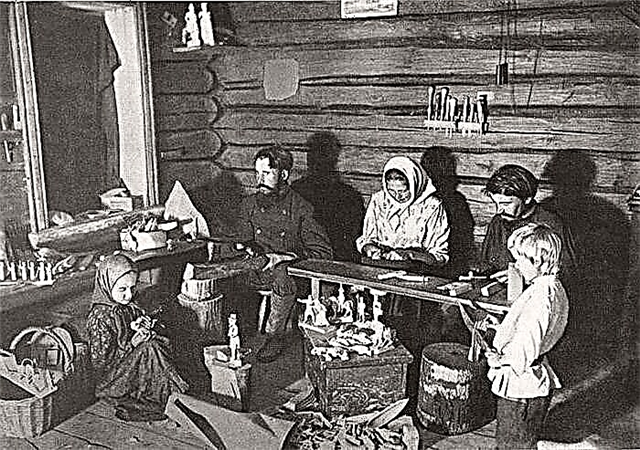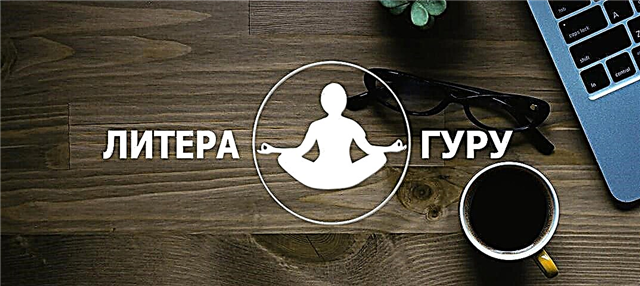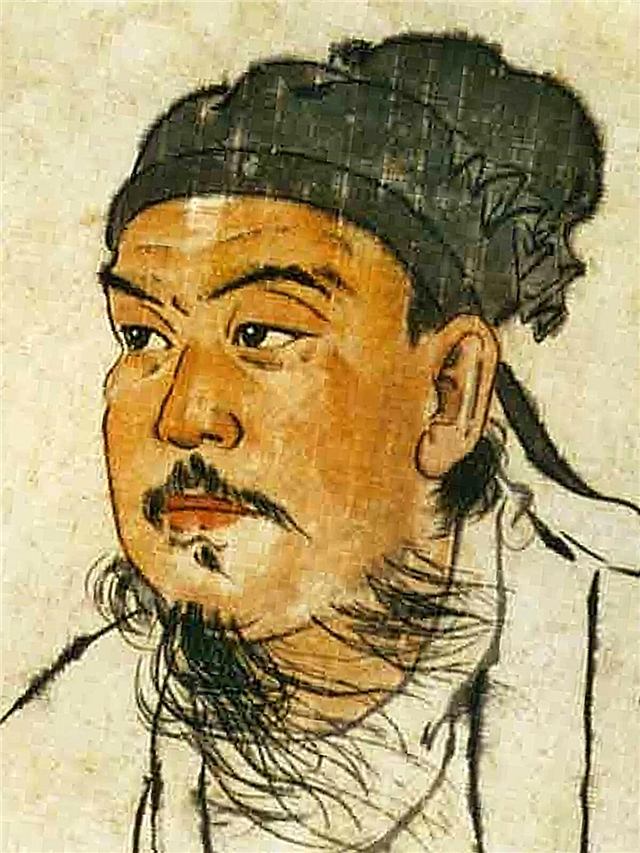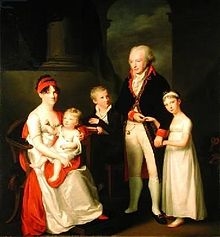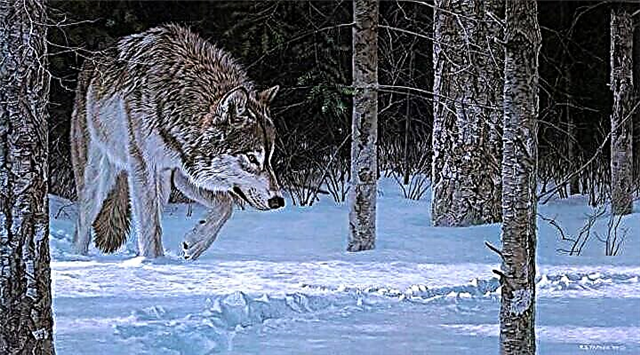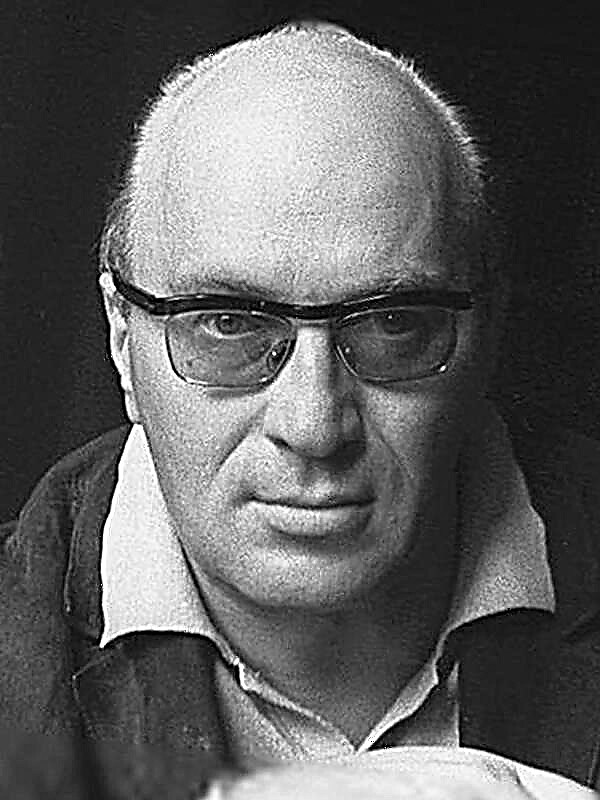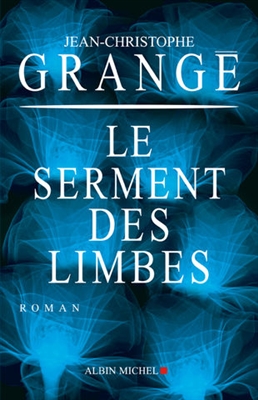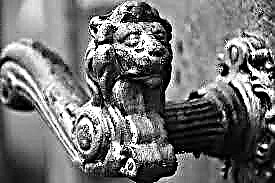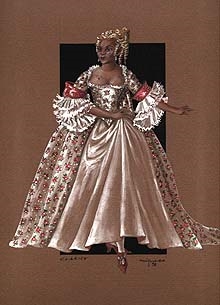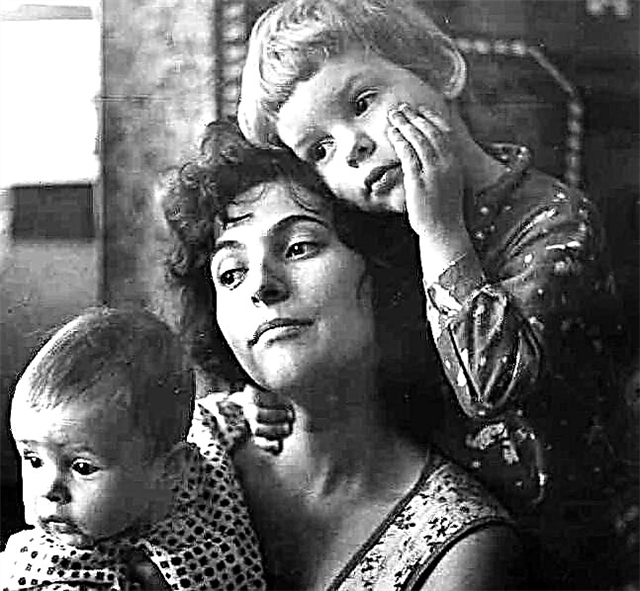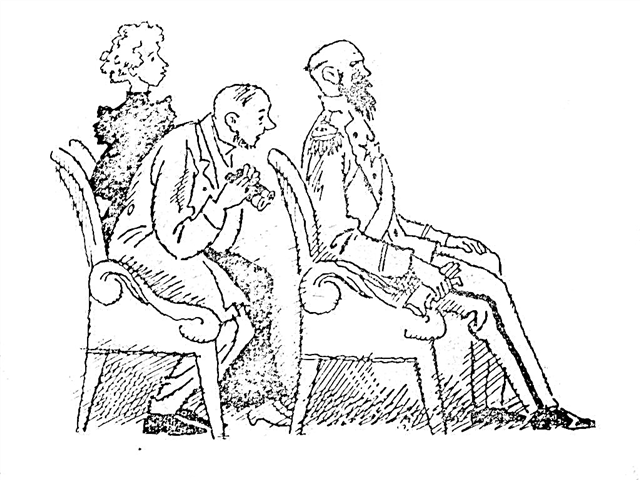The story of I. Turgenev “Pole and Kalynich” is included in the famous series “Notes of the hunter”, dedicated to the biography of the Russian people. The main events take place in the author's country house. The plot tells about the life and customs of ordinary inhabitants of the outback. A very short summary of the story for the reader’s diary, of course, will not convey all the charm of Turgenev’s prose, but it will quickly bring you up to date if you forget any details.
(513 words) The narration is on behalf of the hunter. He notes the difference in the appearance and everyday life of the inhabitants of the Oryol and Kaluga provinces. For example, he considers the Oryol man to be sullen, untidy, living in a hut molded from rotten straw. Kaluga man is tall, with a clean face, wears boots on weekends and is engaged in trade. The reader also learns about the features of the location of the Oryol and Kaluga villages. If the former are located in the middle of the fields, the latter are surrounded by forests and swamps.
The author announces his chance acquaintance with the Kaluga hunter Polytykin. He turned out to be talkative and immediately invited the story-teller to stay in his estate. But this is far away, and Mr. Polutykin suggested wrapping his peasant Khorya at the house. He lived on a plot with several log cabins, paid the master a rent. Heroes were met by his son Fedor. Soon, other sons of Khorya arrived, with whom the heroes later reached the hunter's estate. The narrator asked Polutykin why his man lives separately from others. He told me that a long time ago Khorya’s house was burned down, and he asked the hunter's father to let him live in the swamps. The ferret promised to pay him a rent of fifty rubles. Over time, he settled down in a new place and began to pay one hundred rubles of rent per year. Polyutykin repeatedly suggested that Khorya pay off and gain freedom, but he refused, citing insufficient funds.
The next day, the heroes went hunting, calling another man, Kalinych, along the way. The author immediately noted his high growth, thinness and clarity of face. During the midday heat, Kalinych brought the master and his guest to rest in his well-groomed apiary, and gave warm honey to taste. Polutykin himself spoke gratefully of Kalinich, who always accompanies him on a hunt.
The next day, the narrator went hunting alone. In the evening, he decided to drop in to Horyu. He appeared before the author as a bald and strong peasant. They talked for a long time and peacefully about the harvest and the peasants, after which the narrator noted to himself that Horus was a man on his mind, not answering directly to questions, but misleadingly interested in the side. Nevertheless, the author decided to spend the night with him.
In the morning they talked about the children of Horia. Almost all of his sons are married. Women Poor despises and considers stupid, strict with his wife. She all lies on the stove, differs in quarrelsomeness, but her husband is afraid. Only unmarried Fedor is literate, but speaks negatively about marriage in a conversation with his father. Kalynich comes to visit and brings a bunch of strawberries for Khorya. The author notes unusual tenderness in relation to one man to another.
The next three days, the author spent in the company of his new friends, whom he watched with enthusiasm. Kalinych was a dreamer by nature, and Horus was a more pragmatic person. Learning about the master’s travels, Kalinych was interested in nature and architecture, and Horus asked how everything was arranged there from an administrative and social point of view. Kalinych reverently treated his master, therefore Horus reproached him with irony that he still wears bast shoes and did not beg for new boots. Kalinych once had a wife, but he was afraid of her. The ferret had a large family, saw through people and was proud of its practicality.
When Mr. Polutykin sent for the storyteller, he did not want to say goodbye to Khorem and Kalinich. Indeed, in the image of these two peasants, the entire Russian people are embodied, with their characteristic economy and poetry.

